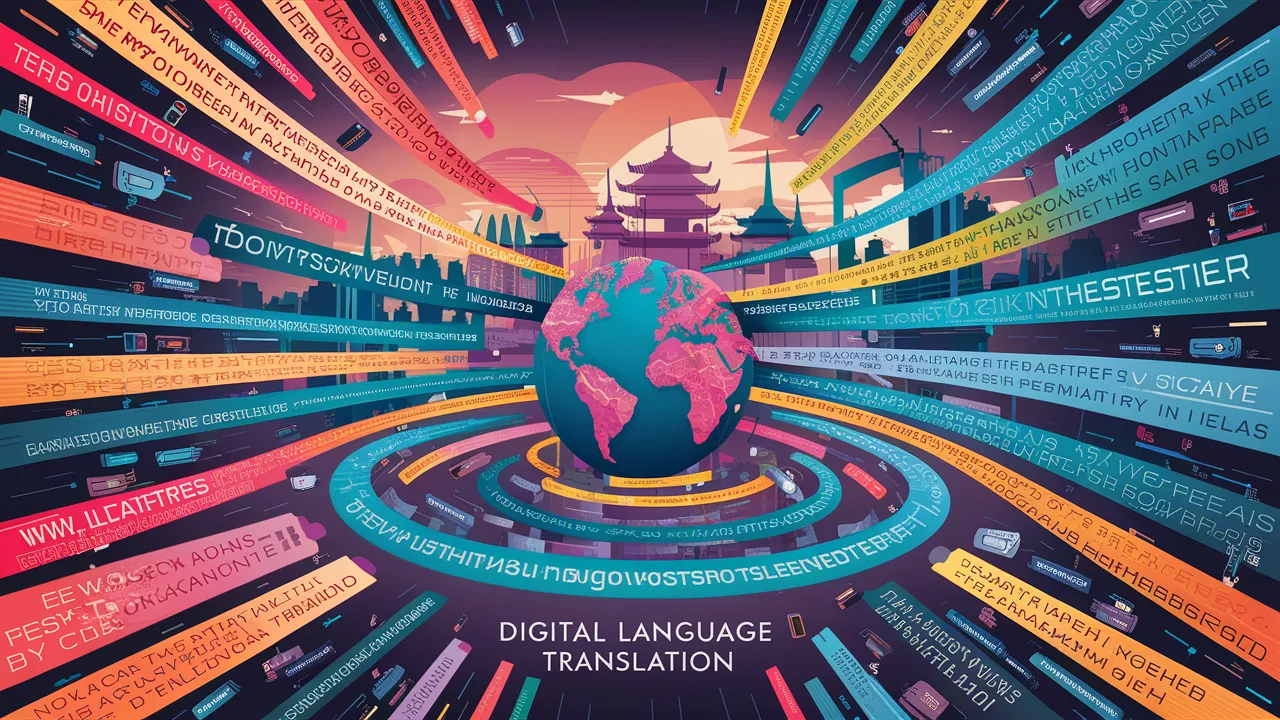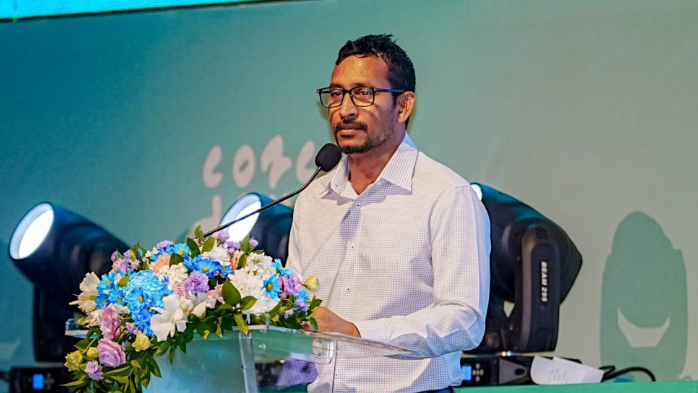MALÉ, Maldives — In an era of global digital connectivity, a new study reveals that online translation services operating in China are silently censoring content, a finding that carries implications for nations like the Maldives as we engage with the world’s second-largest economy.
The research, conducted by Citizen Lab at the University of Toronto and released on July 30, exposes how five major translation platforms — including services run by Chinese tech giants and Microsoft’s Bing — employ over 11,000 censorship rules to filter out politically sensitive information.
For the Maldives, a nation increasingly connected to global networks through tourism and international trade, these findings highlight potential barriers to accurate cross-cultural communication and raise questions about the integrity of information flow in the digital age.
The study, titled “Lost in Translation: Characterizing Automated Censorship in Online Translation Services,” examined translation services provided by Alibaba, Baidu, Tencent, Youdao, and Microsoft’s Bing Translator — the sole foreign company permitted to offer such services in China.
Researchers found that these platforms automatically censor words, phrases, and sentences related to content deemed sensitive by the Chinese government. The censorship primarily affects translations from foreign languages to Chinese, with most rules applying to simplified Chinese, traditional Chinese, English, or a combination of these languages.
“Our work reveals the unfortunate reality that, even if users in China have uncensored access to news or communications platforms, what they read or write may still be subject to automated censorship if they must translate between languages,” the report stated.
Among the services tested, Alibaba’s platform implemented the strictest censorship, followed by Youdao and Tencent. Baidu and Bing showed comparatively fewer restrictions. The study identified that content related to political dissidents, criticism of the Chinese government, the Tiananmen Square protests, and the Covid-19 pandemic were heavily censored.
Notably, the research found a surprising absence of censorship for pornographic or erotic content, suggesting a focus on political control rather than moral policing. “This suggests that the censors either did not expect their censorship rules to be studied or are no longer concerned with hiding the censorship’s true political agenda,” the report noted.
Most services performed censorship silently, potentially without users’ awareness. When triggered, the translation platforms would omit sensitive sentences or lines without notification. Only Alibaba’s service provided any indication that censorship had occurred.
The study also revealed that censorship extended to content related to U.S. politics and popular culture. References to former U.S. President Donald Trump and the American rock band Guns N’ Roses, whose 2008 album “Chinese Democracy” contains lyrics critical of the Chinese government, were among the censored items.
This research highlights the far-reaching impact of China’s information control practices, extending beyond traditional media to affect even seemingly neutral tools like translation services. As global reliance on digital translation grows, the implications of such censorship on cross-cultural communication and information access remain a significant concern for researchers, human rights advocates, and international observers.
For countries like the Maldives, which are expanding global connections and digital infrastructure, the findings underscore the need for awareness about potential limitations in online tools. As nations navigate relationships with global powers while maintaining commitments to open communication, the hidden barriers in seemingly neutral technologies present new challenges to international understanding and cooperation.
The tension between information control and free access to knowledge remains a critical issue in China’s relationship with the global community, affecting not only its citizens but also those seeking to engage with China from abroad. As digital landscapes continue to evolve, the balance between technological advancement and the preservation of open, unfiltered communication stands as a key concern for nations worldwide.












